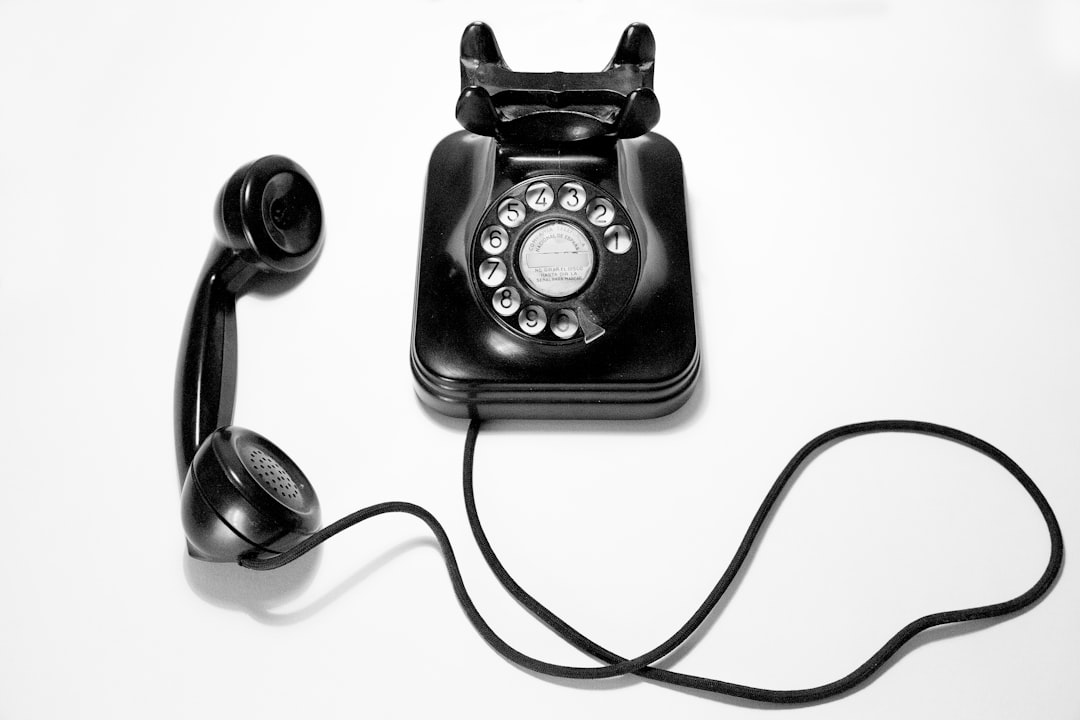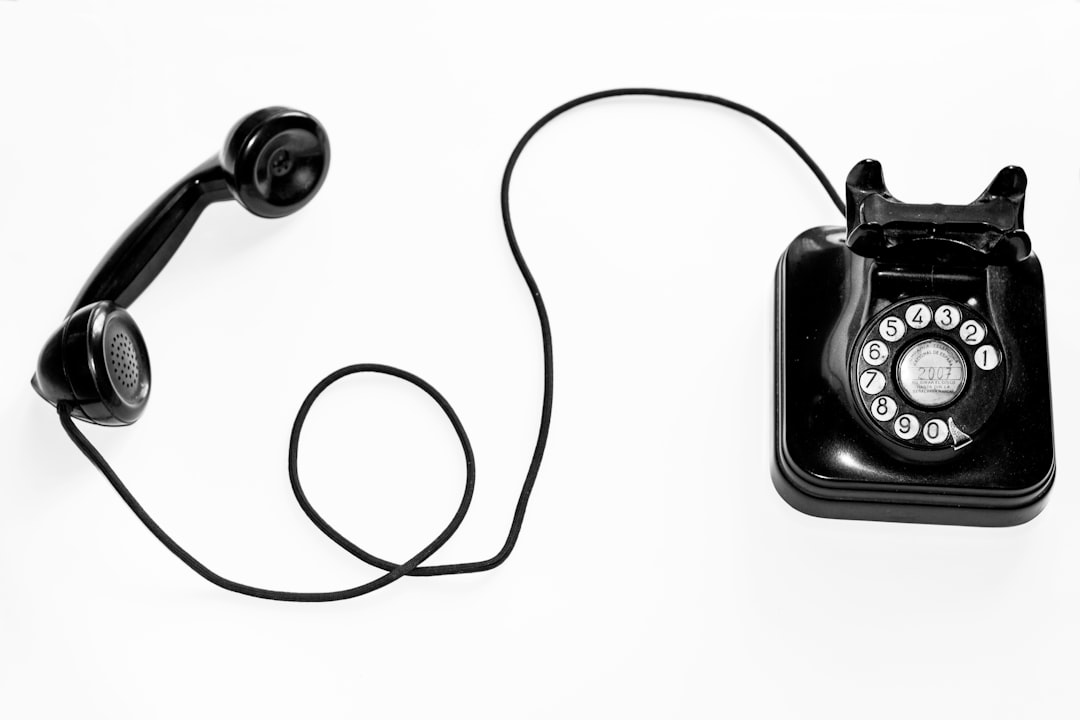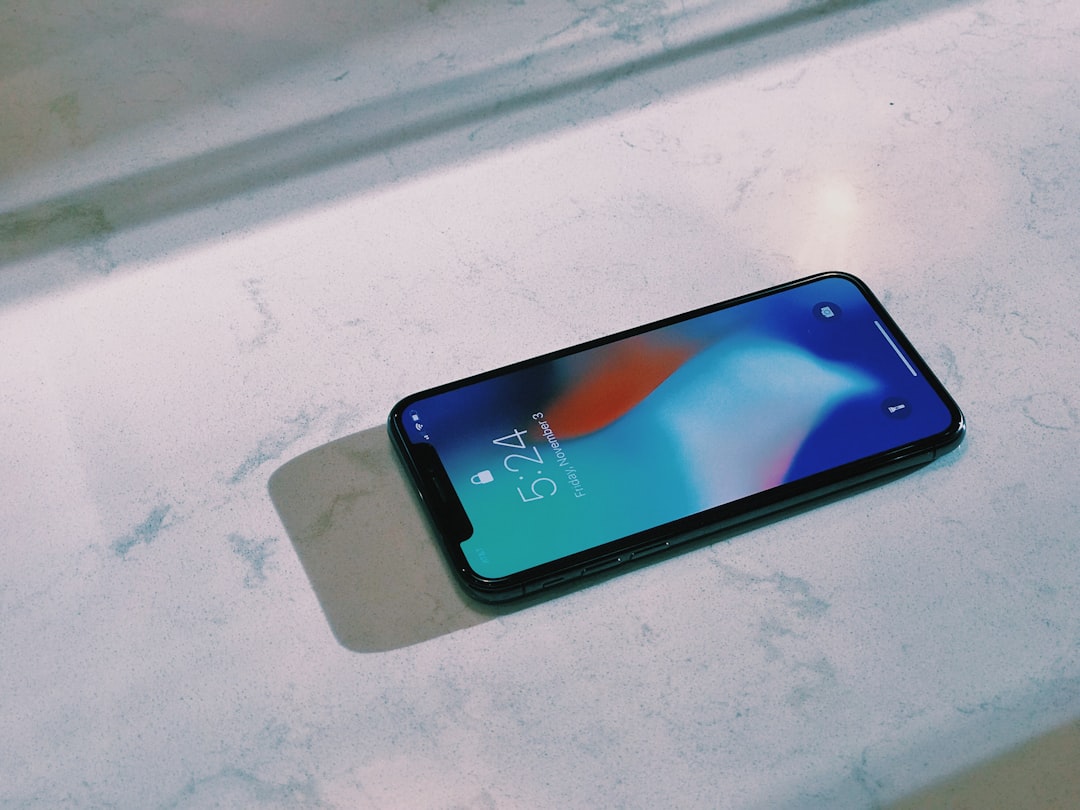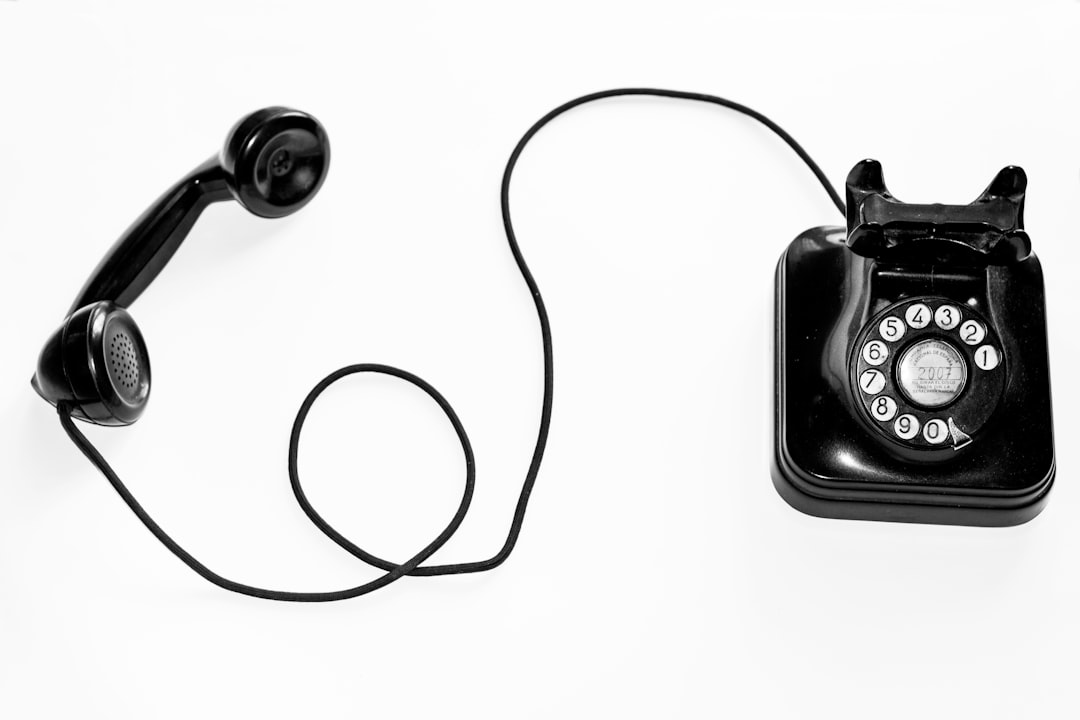In the District of Columbia, the Telephone Consumer Protection Act (TCPA) restricts robocalls without explicit consent. If you've received unauthorized robocalls, a robocall lawyer DC or attorney can help determine legal options, including suing for damages and injunctive relief. Engaging a specialist in robocall litigation ensures expert guidance on your rights and available remedies under CPTCA or TCPA regulations.
In the modern age of relentless communication, the District of Columbia has implemented strict regulations to combat autodialer abuse, also known as robocalls. Understanding these rules is crucial when navigating the legal rights and options available to residents facing unwanted phone calls. This article serves as a comprehensive guide for Can I Sue For Robocalls Lawyer DC, exploring everything from what constitutes an unauthorized call to effective strategies for prevention. Discover your rights and explore the potential for legal action with Can I Sue For Robocalls Attorney DC through top-tier robocall law firms DC.
- Understanding Robocall Regulations in the District of Columbia
- What Constitutes an Unwanted Autodialer Call?
- Legal Rights Against Robocalls: A Comprehensive Overview
- Can You Sue for Receiving Unwanted Robocalls?
- Proving Violations: Gathering Evidence for Your Case
- Choosing the Right Lawyer for Robocall Disputes in DC
- The Legal Process of Suing for Robocalls
- Effective Strategies to Stop and Prevent Robocalls
Understanding Robocall Regulations in the District of Columbia
In the District of Columbia, the use of autodialers or robotic calls, commonly known as robocalls, is regulated by strict laws designed to protect residents from unsolicited and intrusive communication. The Consumer Protection and Telecommunications Act (CPTCA) and subsequent amendments outline the rules for telemarketing activities, including robocalls. These regulations are in place to ensure that individuals have control over their phone lines and can stop unwanted calls effectively.
If you’ve received a robocall without your prior consent or express permission, you may have legal recourse. The CPTCA allows consumers to take legal action against violators, seeking damages and injunctive relief. Individuals who believe they have been affected by unauthorized robocalls are encouraged to consult with a reputable robocall lawyer DC or robocall attorney DC. Legal experts in this field can guide you through your rights and options, helping you navigate the complex regulations surrounding robocall law firms DC and robocall lawyers DC to ensure justice and compensation if applicable.
What Constitutes an Unwanted Autodialer Call?
In the District of Columbia, an unwanted autodialer call, often referred to as a robocall, is typically defined as any telephone call made using an automatic dialing-recording system (ADRS) that delivers a prerecorded message to one or more recipients. These calls are considered unlawful without the explicit consent of the caller, as per the Telephone Consumer Protection Act (TCPA). This federal law prohibits automated or prerecorded messages from being sent to any telephone unless the caller has obtained prior express written consent from the recipient.
For residents of DC considering legal action against unwanted robocalls, it’s crucial to understand the specifics of what constitutes a violation. If you’ve received such calls and haven’t given permission, you may have grounds for a lawsuit. Retaining a lawyer specializing in robocall litigation, like those at a reputable robocall law firm DC or with robocall lawyers DC, can be beneficial. These legal experts can guide you through the process, helping to determine if you have a valid case and pursuing compensation for any harassment or inconvenience caused by these unauthorized calls.
Legal Rights Against Robocalls: A Comprehensive Overview
In the District of Columbia, as in many places across the country, robocalls are a common nuisance, but they’re also a violation of your legal rights. If you’ve received unsolicited automated phone calls from telemarketers or other entities, you have options. Understanding your rights under federal and local laws is crucial. The Telephone Consumer Protection Act (TCPA) provides significant protections against unwanted robocalls, allowing consumers to take legal action if their privacy is invaded. This includes the right to sue for damages and seek injunctive relief to stop the calls.
If you’ve been affected by repeated or unauthorized robocalls in DC, consulting with a lawyer specializing in robocall litigation can be beneficial. A reputable robocall law firm or robocall lawyers in the District of Columbia can help assess your case, guide you through the legal process, and potentially represent you in suing for compensation if your rights have been violated. Don’t hesitate to reach out to an attorney for robocalls in DC to explore your options and protect yourself from future unwanted calls.
Can You Sue for Receiving Unwanted Robocalls?
In the District of Columbia, as in many places across the nation, receiving unwanted automated phone calls, commonly known as robocalls, is a growing concern. While some robocalls are legitimate, others can be invasive and frustrating, especially when they are unsolicited or violate privacy laws. If you find yourself on the receiving end of these calls, you may wonder if there’s any legal recourse available to you. The short answer is yes; you might have grounds to take action, depending on various factors.
If a robocall violates your rights under the Telephone Consumer Protection Act (TCPA), you could potentially sue for damages. This federal law restricts certain types of automated phone marketing and provides consumers with legal remedies for unsolicited calls. A robocall lawyer DC or attorney DC specializing in this area can help determine if a violation occurred and guide you through the process of seeking compensation. Engaging a robocall law firm DC is advisable, as they have expertise in navigating these complex legal matters and can ensure your rights are protected.
Proving Violations: Gathering Evidence for Your Case
When investigating and proving violations related to autodialer use without express permission in the District of Columbia, gathering robust evidence is paramount. As robocall laws are strictly enforced in DC, documenting each instance of unauthorized automated calls can significantly strengthen your case. This includes saving all call records, such as timestamps, phone numbers, and any messages left, as these can serve as crucial pieces of evidence in court.
Engaging the services of a reputable robocall law firm or robocall lawyers in DC can be beneficial. Legal professionals specializing in this area can assist in collecting and preserving evidence, ensuring it complies with legal standards. They can also guide you on whether you have a valid case, especially if the violations involve persistent or aggressive marketing calls. An attorney for robocalls in DC will help you understand your rights and potential remedies under the law.
Choosing the Right Lawyer for Robocall Disputes in DC
Choosing the right legal representation when dealing with unwanted autodialer calls is a crucial step in navigating the legal system. If you’re considering taking legal action against a company for making robocalls without your consent, it’s essential to find a lawyer or attorney who specializes in this area of law and has experience handling similar cases in the District of Columbia. Look for a robocall law firm DC with a proven track record of success in representing clients affected by unsolicited telemarketing calls.
When searching for a can I sue for robocalls lawyer DC, consider their areas of expertise, past case results, and client testimonials. You want an attorney who is knowledgeable about the Consumer Telephone Protection Act (CTPA) and similar state laws, as these regulations govern unauthorized automated calling. A qualified robocall attorney DC will be able to guide you through the process, help you understand your legal options, and represent your interests effectively against companies engaging in intrusive autodialer practices without express permission.
The Legal Process of Suing for Robocalls
If you’ve received unwanted automated phone calls, known as robocalls, in the District of Columbia, you may be wondering if legal action is an option. The first step to take is to determine whether your rights have been violated under the Telephone Consumer Protection Act (TCPA). This federal law prohibits telemarketers and other callers from using automatic dialing systems or prerecorded messages without prior express consent.
If you believe a robocall was placed to you without your permission, consulting with a lawyer specializing in telecommunications law is advisable. A Can I Sue For Robocalls attorney DC can help navigate the legal process, which may involve filing a private lawsuit against the caller. The TCPA allows for individual consumers to seek damages of up to $500 per violation, with treble damages (up to $1,500) if willful or knowing violations are proven. With a robocall law firm DC, you can explore your legal options and determine the best course of action to take against unwanted automated calls.
Effective Strategies to Stop and Prevent Robocalls
Robocalls can be a persistent and frustrating issue, but there are effective strategies to stop and prevent them. One crucial step is to educate yourself on the laws surrounding robocalls. In the District of Columbia, there are strict regulations in place to protect residents from unsolicited phone marketing calls. Understanding your rights and the legal framework can empower you to take action against these unwanted calls.
If you’re facing a constant deluge of robocalls, consider consulting with a robocall law firm DC or robocall lawyers DC. Legal experts specialized in this area can guide you on how to file complaints with relevant authorities and even help you sue for robocalls if necessary. They can also advise on the best practices to prevent future robocalls, such as registering your number on the National Do Not Call Registry or using blocking apps designed to filter out automated calls.






